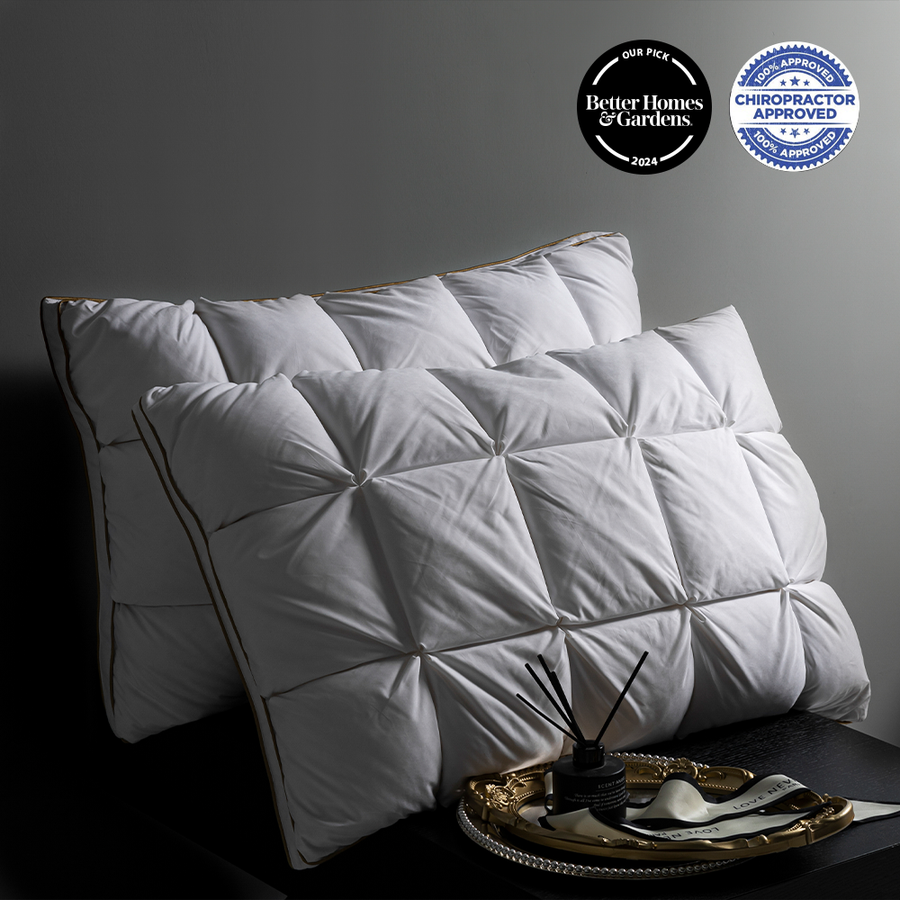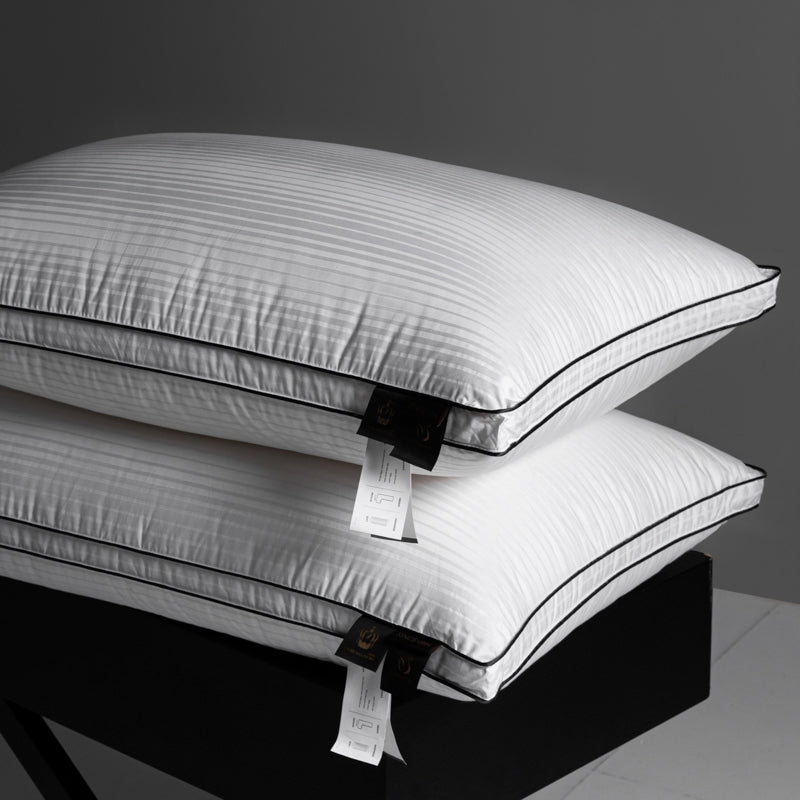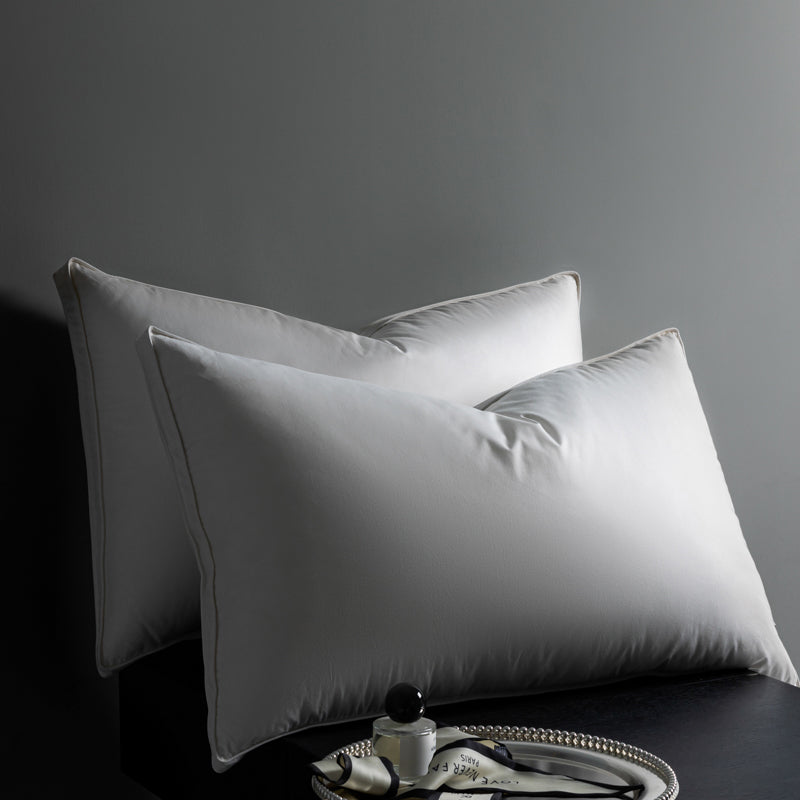The Relationship between Exercise and Sleep Quality
Are you cognizant of the influence that physical activity exerts on the overall quality of sleep? There exists a widely held assumption among individuals that participation in physical activity is associated with enhanced sleep quality. Nevertheless, it is crucial to take into account that the time, intensity, and characteristics of the exercise routine may also have an impact on the effectiveness of sleep. The objective of this article is to analyze scientific evidence regarding the relationship between exercise and sleep, as well as offer suggestions for attaining a balanced integration of physical activity and sleep.
The Advantages of Engaging in Physical Activity
Numerous studies have shown evidence that participating in suitable physical activities can effectively alleviate sleep-related challenges and promote the achievement of enough rest. Recent research has indicated that insufficient or poor-quality sleep has been linked to reduced levels of physical activity in the following days.
Based on the findings of the National Sleep Foundation, engaging in physical exercise has been shown to enhance the quality of sleep, diminish sleep onset latency, minimize nocturnal awakenings, augment the duration of deep sleep, and enhance cognitive functioning and emotional well-being during waking hours. Exercise has the potential to enhance sleep through various mechanisms, encompassing the regulation of physiological parameters including body temperature, hormones, heart rate, blood pressure, and blood sugar. Additionally, exercise can alleviate psychological elements such as stress, worry, and sadness, which can also contribute to improved sleep patterns.
The Impact of Exercise on Sleep Quality
Research has indicated that exercise has a beneficial effect on the quality of sleep for a considerable proportion of persons. In the realm of adult humans, the act of participating in physical exercise of moderate to vigorous intensity has been observed to yield a beneficial influence on the overall quality of sleep. The primary means by which this is accomplished involve two mechanisms: firstly, by diminishing the length of time it takes to initiate sleep, known as sleep onset latency; and secondly, by decreasing the duration of wakefulness experienced during times of being in bed at night. Moreover, research has demonstrated that participating in physical exercise can effectively reduce excessive daytime sleepiness and, in specific cases, decrease the dependence on sleep-promoting medications.

















Leave a comment